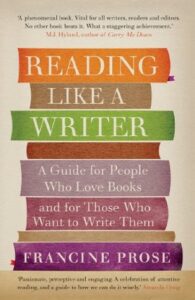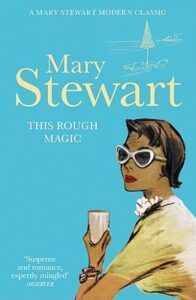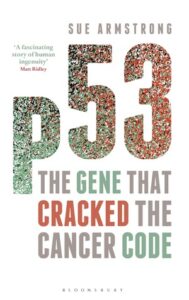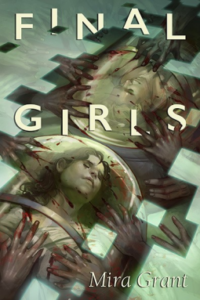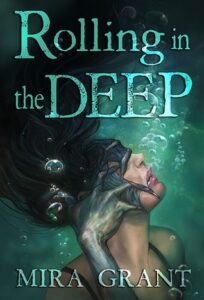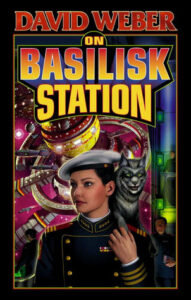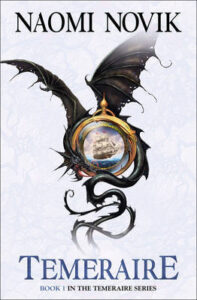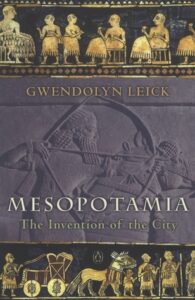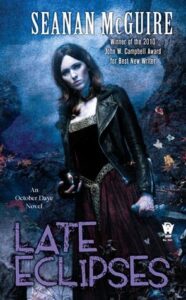 Late Eclipses, Seanan McGuire
Late Eclipses, Seanan McGuire
My year o’ Seanan McGuire continues! I don’t know why I never started the October Daye series before, because I do really enjoy them. Sometimes October herself can be annoying — stubborn, reckless, slow to grasp things which quickly become obvious to the reader, fickle about whether it’s Tybalt or Connor she wants to sleep with… But I enjoy her nonetheless, and especially the Faerie politics and lore that underlies her world.
In this one, we get a few more glimpses of the problems in the Torquil family, and a bit of an explanation for Amandine, and some things that didn’t seem quite right about Toby herself. Also, some of Tybalt’s quiet hints start to make sense, as does the Luidaeg’s dark mutterings. May Daye continues to be fun, while developments from An Artificial Night are also used to advantage. Characters from the earlier books appear, and some misunderstandings and old grudges are straightened out — somewhat.
In other words, it’s another fun outing with Toby which builds well on what’s come before. There’s some tragedy, too, which Toby is powerless to avert — a good lesson for the hero, and a warning to the reader that nothing is entirely safe, I think.

